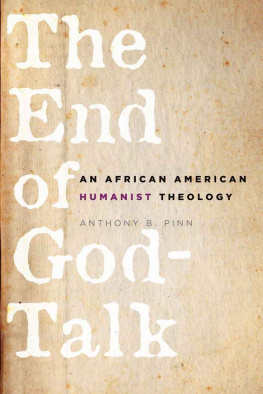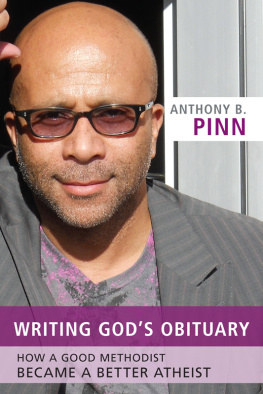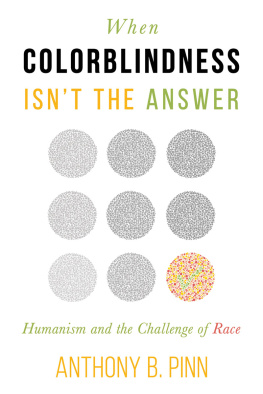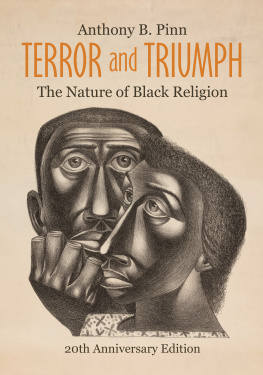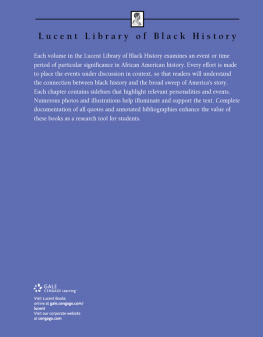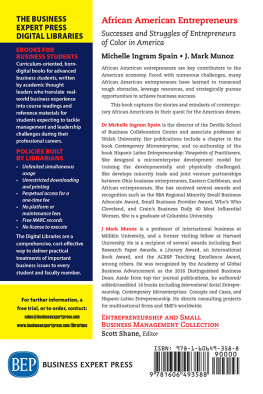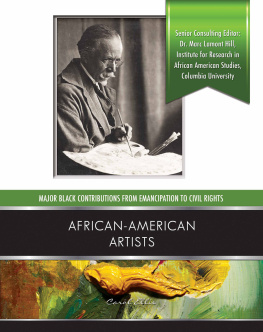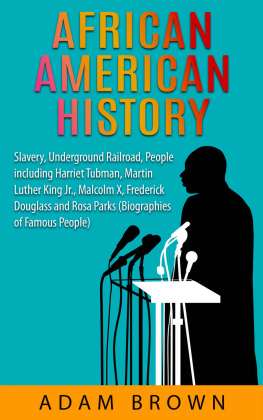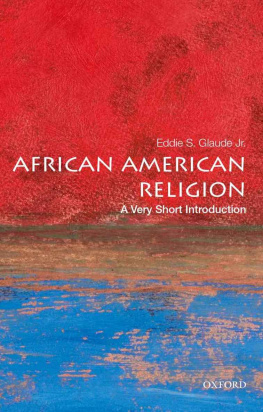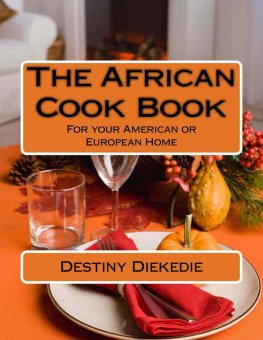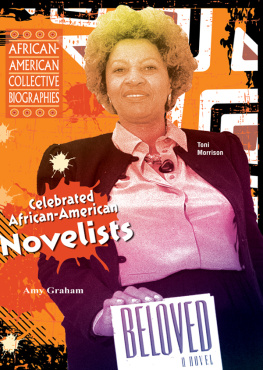The End of God-Talk
The End of God-Talk
An African American Humanist Theology
ANTHONY B. PINN


Oxford University Press, Inc., publishes works that further
Oxford Universitys objective of excellence
in research, scholarship, and education.
Oxford New York
Auckland Cape Town Dar es Salaam Hong Kong Karachi
Kuala Lumpur Madrid Melbourne Mexico City Nairobi
New Delhi Shanghai Taipei Toronto
With offices in
Argentina Austria Brazil Chile Czech Republic France Greece
Guatemala Hungary Italy Japan Poland Portugal Singapore
South Korea Switzerland Thailand Turkey Ukraine Vietnam
Copyright 2012 by Oxford University Press, Inc.
Published by Oxford University Press, Inc.
198 Madison Avenue, New York, New York 10016
www.oup.com
Oxford is a registered trademark of Oxford University Press
All rights reserved. No part of this publication may be reproduced,
stored in a retrieval system, or transmitted, in any form or by any means,
electronic, mechanical, photocopying, recording, or otherwise,
without the prior permission of Oxford University Press.
Library of Congress Cataloging-in-Publication Data
Pinn, Anthony B.
The end of God-talk: an African American humanist theology / Anthony B. Pinn.
p. cm.
Includes bibliographical references (p.).
ISBN 9780-19-534083-9 (pbk.: alk. paper)ISBN 9780-19-534082-2 (hardcover : alk. paper)
1. African AmericansReligion. 2. HumanismUnited States. I. Title.
BL2525.P56 2012
211.608996073dc23 2011019519
1 3 5 7 9 8 6 4 2
Printed in the United States of America
on acid-free paper
Dedicated
to
Justin Anthony Valentin
and
Raymond W. Pinn, Jr. (19502011)
CONTENTS
ACKNOWLEDGMENTS
This book has been almost twenty years in the making, with bits and pieces of its argument developed and presented in various forms. However, the full expression of the ideas and claims that constitute this book is recent, and it is a result of a great deal of assistance and encouragement. I must begin by thanking my editor, Theo Calderara, for his encouragement, good humor, and patience. I would also like to thank the external readers who provide important questions and comments that helped me shape the manuscript. In addition, a host of colleagues provided important insights and critique along the way. Thank you to Stacey Floyd-Thomas, Juan Floyd-Thomas, James H. Cone, Katie G. Cannon, Peter Paris, Charles Long, James Evans, Gordon Lynch, and Miguel De La Torre. My graduate students (current and former)over the course of classroom conversation, in African American Religious Studies Forum meetings, and within the context of other venuesprovided insights that sharpened my work. Thank you. The embrace of my definition of religion and the resulting conversations initiated by Monica Miller, Terrence Johnson, and others were very helpful along the way. I must also thank the students who took my African American Nontheistic Humanist Theology course at Meadville Lombard Theological School. Their questions and comments during our week together helped me to clarify my thinking in significant ways. I would also like to thank Sharon Welch for the invitation to teach the course. Thank you all.
Much of the work on this book was completed during time away from teaching granted by the Religious Studies Department and Dean of Humanities at Rice University. I must also thank Maya Reine, the HERE Project coordinator, for taking on additional responsibilities and, in that way, helping me carve out writing time. I appreciate greatly the space and freedom that constitute my work environment at Rice. A good number of friends at Rice helped with this project in a variety of ways. They include Alexander Byrd, Edward Cox, and Michael Emerson. In particular, Caroline Levander took time from her own projects to read the full manuscript and offer comments that improved greatly the ideas in this book.
I want to thank my family and friends outside of Rice for their good wishes, good humor, care, and comfortLinda, Joyce, Terry, Craig, Ashley, Morgan, Sidney, Sha-Nikka, Shelly, Richard, Raea, Reese, Ben, Eli, Ramon, Stacey, Juan, Janet, and Mother Floyd. Thank you all. Finally, this volume is dedicated to my godson, Justin Anthony Valentin, and to my brother, Raymond W. Pinn, Jr. In this way, the book is dedicated to new life and the memory of the ancestors: In both life and death, we find and recognize ourselves.
NOTE ON TERMINOLOGY
The full name of the theology presented here is African American nontheistic humanist theology. I understand the phrase is bulky, but it is necessary as a way to distinguish its various elements over against traditional black and womanist theologies, or liberation theologies in more general terms. To account for this bulkiness and to lessen its impact, I fluctuate between the full name and shorter versions such as nontheistic humanist theology or humanist theology. The same is the case for African American nontheistic humanism, which is reduced at times to nontheistic humanism, African American humanism, and so on. Readers should understand that the shortened designations do not entail a change in meaning or context. Rather, the aim is to adjust the name to foster flow and smooth out the prose to the extent possible.
The End of God-Talk
Introduction
The New Atheism has generated a great deal of conversation and debate. Its raw disregard for religion has received applause from some atheists and humanists, a corrective from some other humanists who do not find blanket condemnations of religion justifiable particularly in light of the scientism often embedded in the New Atheism, and apologetics for religion from those who embrace one tradition or another. This pattern of response is to be expected, but less common is discussion concerning the nature and meaning of theology resulting from the a/theist culture wars.
Some have denounced theology as religions voice of un/reasonthe effort to give systematic justification to the superstition that is religion. Others promote theological inquiry as a viable mode of human thinking on the most significant existential and ontological issues facing humans, in part because it works through the cultural wor(l)ds of human existence in ways the natural sciences cannot. What seems tacit within both of these perspectives is the assumption that atheists need not read theological texts, and, what is more, they should not (or, more forcefully, cannot) do theology. And this assumption is based on an often unchallenged and a literal defining of theology as god-talk. No God, no theology. Figures in both of these groups of thought will find this book odd at best and, at worst, a dangerous mutation of atheism and theism. They might take this stance in that I am a humanist, one without belief in God, yet, I am one who takes seriously theology as a method by which to analyze human experience. In other words, theology need not revolve around attempts to prove the existence of God or to articulate the ramifications of this existence; such is only one mode of theological inquiry.
I not only read theology as a humanist but also have for almost two decades taught and written theological materials. What might confuse some within the a/theism culture wars even more is that I am an African American, a member of a community assumed to be deeply religious and dependent on god-based theological argumentation for the forging of geography of freedom over against racism and other modalities of oppression. After all, as some are quick to point out, recent studies highlight the widespread religiosity (e.g., belief in god and prayer) marking African American communities in the United States. Over objections and perhaps dismissal by many atheists and theists, I think there are ways in which the conceptualization and practice of humanism, in this case African American nontheistic humanism, might benefit from theological analysis. That is to say, while much of theological grammar and vocabulary has run its course and offers nothing of value (e.g., the empty notion of god[s] or a god/human savior), there are ways in which the basic structural arrangements and moral/ethical markers within theological discourse still have some utility. Yet, certain questions are asked with great persistence.
Next page
